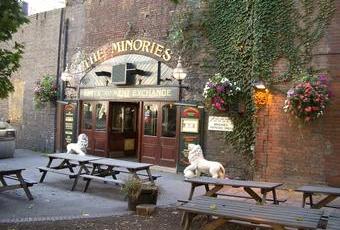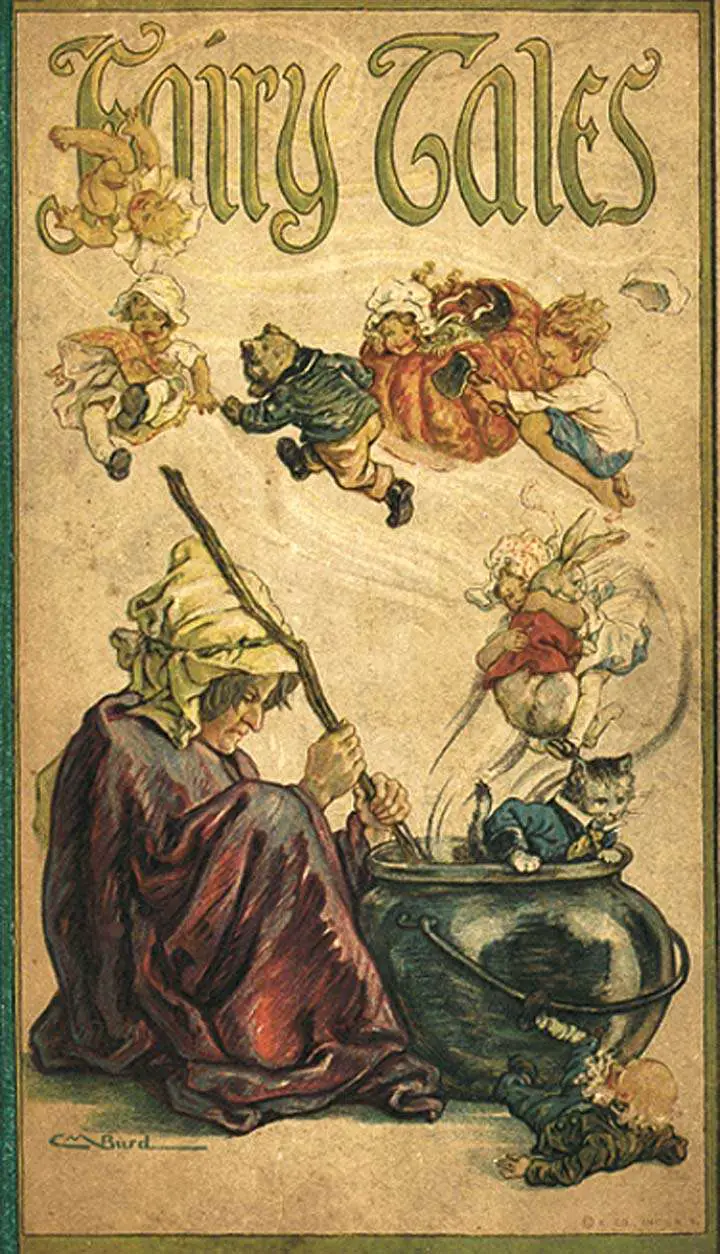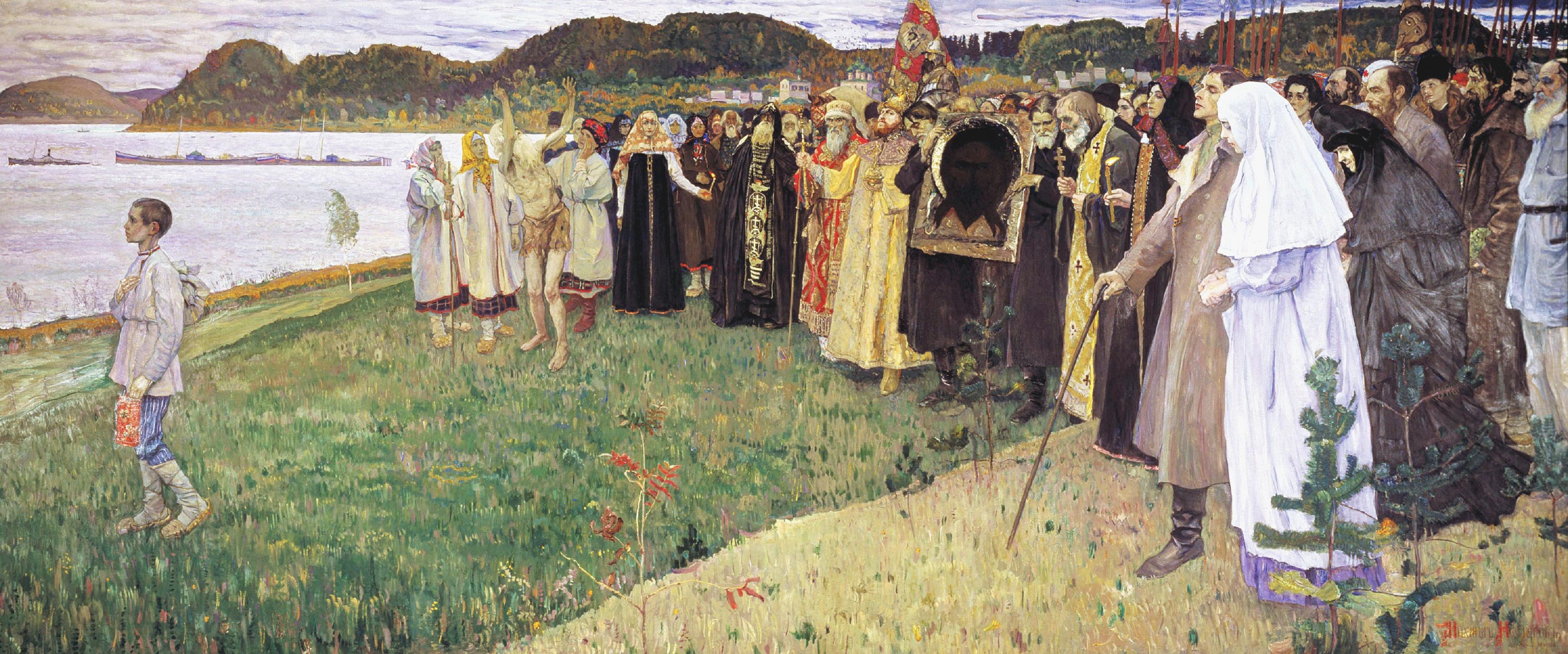Last Saturday was supposed to have been Reptile, the Goth
club that operated out of the Minories on the edge of the City and where we’ve
been many times over the last six years since it set up there. I’ve mentioned before what a lovely venue it is, wedged into an old railway arch just up from
Tower Hill Station, and with a pleasant outdoor seating area for when
conversation is more important than music which, given the state of most Goth
music, is much of the time.
Apparently it was a quarter of an hour before the Reptile
organisers, Vade and Arcadia, were due to arrive and start setting up on
Saturday, when they got a call from the pub manager telling them the night was
cancelled. They were not unnaturally incredulous. They carried on to the
Minories, but the manager was unresponsive to any argument that it was too late
to be cancelling an event to which people would be coming from some
considerable distance, and they were left outside trying to post a message to
Facebook and as many people as they had numbers for. The justification was that
a silly joke had been posted on the Reptile Facebook page, with the legend, ‘Remember
kids, if somebody offers you drugs, say thankyou – drugs are expensive’; the Stonegate
chain which owns the Minories has, so the manager stated, a ‘zero tolerance
drugs policy’ and that was that. It was no use arguing that Reptile doesn’t
allow or endorse drug-taking either.
There was then unleashed such a cataract of invective and rage
from the Goth community directed towards any online location which bore on the
matter that the manager, if he had any human feelings at all, must have been
thoroughly chastened. Nobody believed the given explanation, and it does smack
of an excuse. So other explanations were offered.
That Saturday was of course the night of the match between
England and Italy in what I understand is known as the FIFA World Cup, and the
Minories was much busier than usual. Vade and Arcadia had already discussed
with the manager how this was to be handled, in terms of access to the toilets
and so on. Reptile had already lost to the football-fan crowd the outdoor seating
and its use of the indoor screens which usually display a variety of
alternative films. Could it be that the manager had completely underestimated
the difficulties of combining the two events and had decided to get shot of
Reptile to get himself out of a hole? Not very likely: to cancel, permanently,
a longstanding event for the sake of a one-off would be so stupid a decision it’s hard to credit.
A more probable rationale comes from the recent presence at the
Minories, every other Saturday night of the month, of a very well-established
and profitable transgender club. After the traumatic cancellation of Reptile, Vade
and Arcadia got rid of some of their frustrations by listing the run-ins they’d
had with the Minories management across the years over this or that inadequate
facility or lack of communication; there was clearly very little love lost on
either side. The cancellation of Reptile looks much like the manager grasping
the chance to get shot of a troublesome customer in favour of another event
which promised more profit as well as being simpler to deal with.
Naturally enough the Goth community was vocally supportive
of its friends. ‘You run the best club night in the UK, the manager must be an
idiot to lose it’, and ‘Obviously loyalty means nothing to them’, were among
the more publishable comments. If ‘loyalty’ is about good business practice and
protecting your reputation for fairness and straight dealing, then such a
statement makes sense; less so if you think it demands that a business lose
money for the sake of supporting your favourite event. I suspect the hard truth
is that had Reptile been as good a prospect commercially as people seem to
think, the pub wouldn’t have let it go on such a flimsy pretext.
Reptile has now found a new home at the Archway Tavern, N19,
which makes it even less likely that I and Ms Formerly Aldgate will be able to
find our way back there: much too far away. Good fortune to them. However I
note they’ll be occupying the Tiki Bar space in the Tavern. I kept saying Goth Tiki would be the next
thing, but nobody listened …








